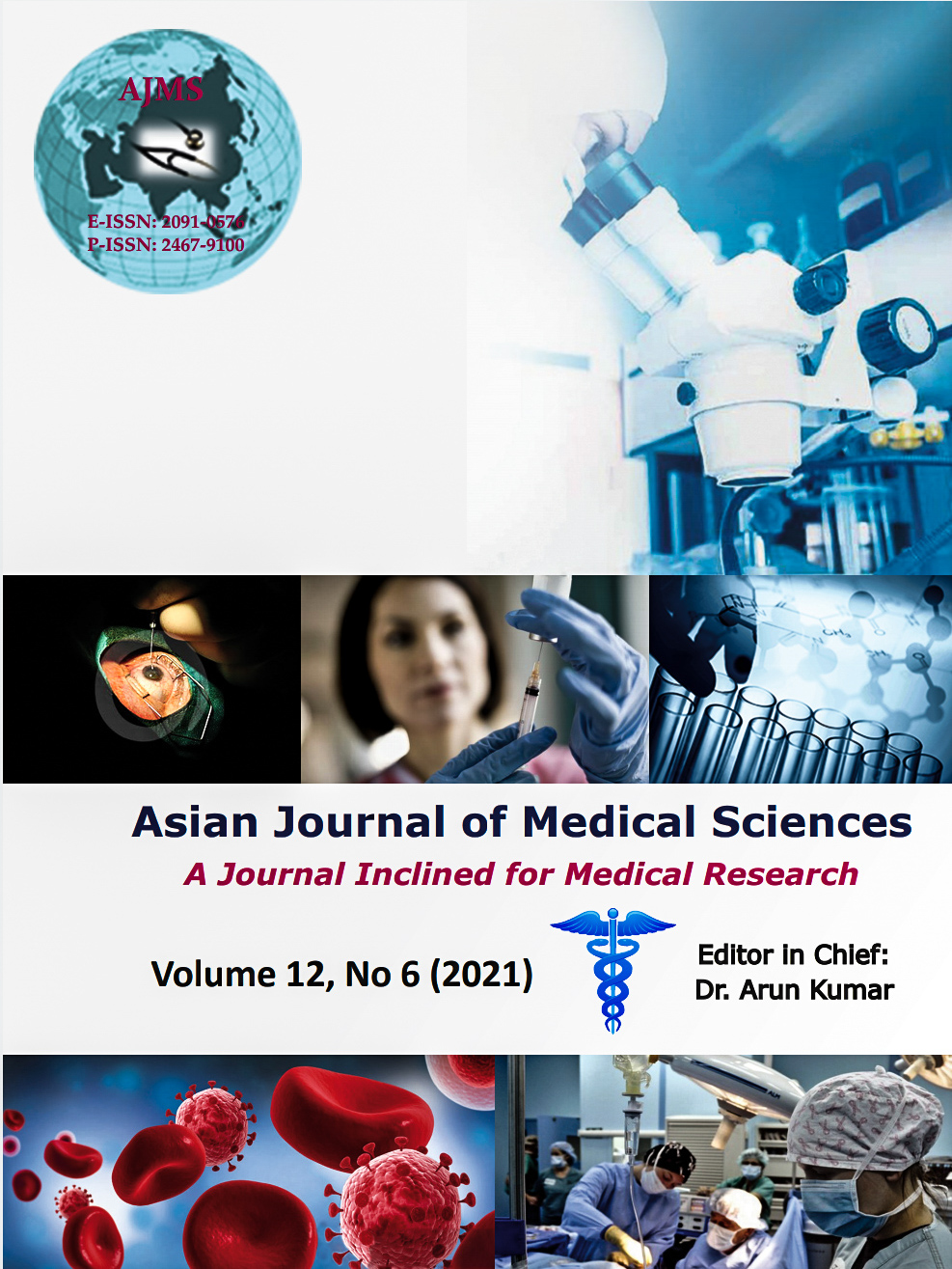Effects of oral administration of an aqueous ginger extract on anxiety behavior and tryptophan and serotonin metabolism in the rat
Keywords:
Anxiety, depression, ginger, serotonin, tryptophan, tryptophan 2,3-dioxygenaseAbstract
Background: Zingiber officinale (ginger) is used widely as a herb and medicine. It contains among its constituents 6-Gingerol (a phenol) and quercetin (a flavonoid) that possess anxiolytic and antidepressant properties, but the potential biochemical mechanism(s) of these effects has not been assessed, particularly in relation to serotonin synthesis and neurotransmission.
Aims and Objectives: We investigated the anxiolytic-like activity of an aqueous ginger extract by evaluating its influence on behavior, and its effects on serotonin metabolism and on metabolism and disposition of the serotonin precursor tryptophan (Trp) in rats.
Materials and Methods: An aqueous ginger extract was given orally in a single daily dose equivalent to 500 mg of ginger material per kg body weight for 3 weeks. The elevated plus maze test of anxiety and Trp metabolism and disposition and brain serotonin synthesis and turnover were assessed in Ginger-treated and control rats.
Results: When compared with controls, ginger-treated rats showed a significant increase in the time spent in the open arm, indicative of decreased anxiety. However there was no effect on locomotor activity in open field test. The extract caused significant decreases in activities of liver Trp 2,3-dioxygenase and significant increases in concentrations of serum Trp and corticosterone and brain Trp, serotonin and the major serotonin metabolite 5-hydroxyindoleacetic acid.
Conclusion: An aqueous ginger extract exerts an anxiolytic effect in a behavioral model of anxiety, which may be caused by increased serotonin synthesis, and influences tryptophan metabolism and disposition in a manner analogous to antidepressant drugs.
Downloads
Downloads
Published
How to Cite
Issue
Section
License
Authors who publish with this journal agree to the following terms:
- The journal holds copyright and publishes the work under a Creative Commons CC-BY-NC license that permits use, distribution and reprduction in any medium, provided the original work is properly cited and is not used for commercial purposes. The journal should be recognised as the original publisher of this work.
- Authors are able to enter into separate, additional contractual arrangements for the non-exclusive distribution of the journal's published version of the work (e.g., post it to an institutional repository or publish it in a book), with an acknowledgement of its initial publication in this journal.
- Authors are permitted and encouraged to post their work online (e.g., in institutional repositories or on their website) prior to and during the submission process, as it can lead to productive exchanges, as well as earlier and greater citation of published work (See The Effect of Open Access).




